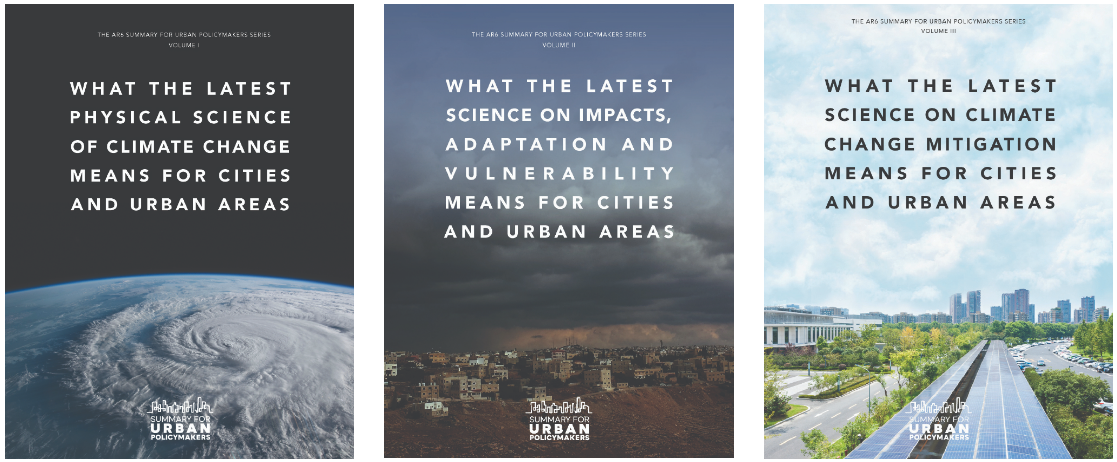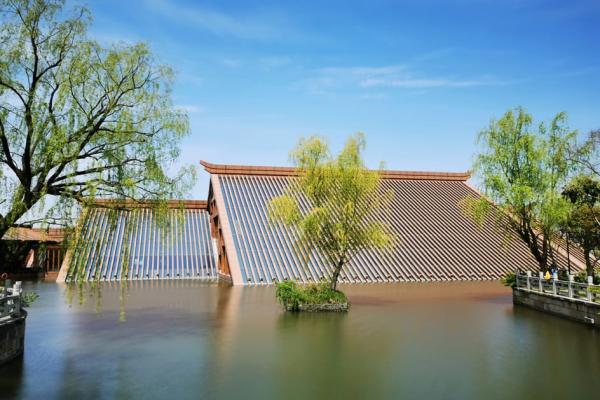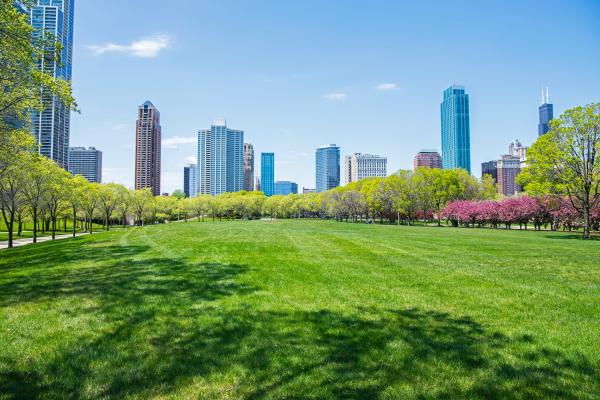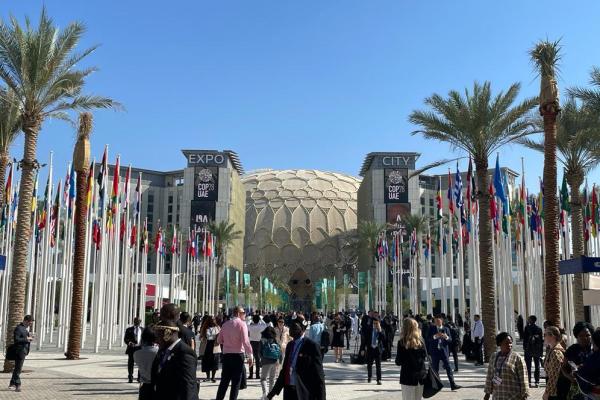Today at COP27 in Sharm El-Sheikh, the Summary for Urban Policymakers (SUP) launched a three-volume series of scientific reports to distill the most relevant climate science for urban actors from the Intergovernmental Panel on Climate Change’s (IPCC) Sixth Assessment Reports (AR6). As a result of a year-long process of co-creation, the SUP reports capture the latest climate science as targeted and accessible messages. It demonstrates how local governments and business leaders can meaningfully accelerate and deepen climate action across the world.
The SUP summaries are derived from the recent IPCC AR6 assessment reports and use the latest science to build understanding around the need and opportunity to deeply transform cities and urban areas to meet global climate goals and protect the world’s increasingly urban population. The following three volumes are now available for urban decision makers:
● Volume I – What the Latest Physical Science of Climate Change Means for Cities and Urban Areas
● Volume II – What the Latest Science on Impacts, Adaptation and Vulnerability Means for Cities and Urban Areas
● Volume III – What the Latest Science on Climate Change Mitigation Means for Cities and Urban Areas

The SUP series is supported by a partnership of the Global Covenant of Mayors for Climate & Energy (GCoM) alliance for city climate leadership, the Resilience First business network, the Indian Institute for Human Settlements (IIHS), the German Federal Ministry for Economic Affairs and Climate Action (BMWK) in collaboration with the Deutsche Gesellschaft für Internationale Zusammenarbeit (GIZ), and led by Resilience Rising. Over the course of a year, the partners have produced a distillation of urban centric messages from the IPCC reports, providing scientific evidence to inform climate action at city and regional scales. The reports were written by a subset of authors of the IPCC reports, and with support and engagement from all six IPCC Working Group co-chairs in their individual capacities. In a series of regional and global convenings, the messages were consulted with city government officials and business leaders to ensure comprehensibility and usefulness.
The IPCC AR6 assessments have made clear that it will not be possible to limit global warming to 1.5°C without a broad coalition that includes cities and local actors. To upscale ambition and accelerate and deepen climate action, city stakeholders need access to and understanding of the leading science assessed in the IPCC reports. The SUP series is an unprecedented presentation of the science relevant to urban areas and is the new, definitive, go-to compendium for city policymakers and urban investors alike.
Panmao Zhai, Co-Chair, Working Group I, IPCC: “The IPCC's Working Group I Report unequivocally shows that human influence has exacerbated extreme events across all regions of the world. Cities and urban areas are a major source of emissions and facing higher risks as well as sites for climate action. The SUP Series synthesises this science for an urban policymaker audience.”
Debra Roberts, Co-Chair, Working Group II, IPCC: “The world’s cities provide us with a global scale, but time limited opportunity to achieve climate resilient development. Harnessing this opportunity means transitioning urban and related infrastructural systems in an equitable, just and sustainable way to address climate change and improve planetary health. The SUP Series, through conversations with city and business decision-makers, shows us how scientific evidence can inform ambitious and inclusive change in the world’s cities. It also highlights the narrowing window of opportunity local governments have to integrate urban adaptation and mitigation strategies to achieve sustainable development for all.”
Jim Skea, Co-Chair, Working Group III, IPCC: “The IPCC Working Group III Report identified the importance of cities in reducing emissions and transitioning to low-carbon lifestyles. The SUP Series re-emphasises the importance of greenhouse gas mitigation and shows how actionable measures can be implemented in both established and emerging cities across the world.”
Aromar Revi, Director, Indian Institute for Human Settlements Coordinating Lead Author, Chapter 18, Working Group II and Chapter 4, Special Report on 1.5°C, IPCC: “The urban and infrastructure system transition is pivotal to achieving climate resilient development for coupled human-natural systems that are seeing increasing climate risk. The IPCC Assessment Reports and the derivative, co-produced SUP Series clearly lay out that we have a range of feasible climate solutions that can be implemented today. However, we need decisive political commitment, adequate finance, and fit-for-purpose governance systems, to enable city and national governments to lead this imperative for transformational change.”
Seth Schultz, CEO, Resilience Rising: “A foundational goal of our organization is to harness the power of collaboration to tackle some of society’s most pressing problems. Today, thanks to the support of IPCC authors, business and government leaders we have proven that cross-cutting issues like climate change can be addressed through cross-sector collaborations. It is time for the “Conference of Parties” model to evolve to harness the power of Communities of Practice–the work launched today is a great example of the 21st century COP model in action.”
Mayor Sefiani of Chefchaouen, Morocco, Regional Ambassador for GCoM: “As the nexus between the local and the global–intermediary, cities play a unique and vital role in the fight against climate change. It is therefore crucial that intermediary cities remain committed to
accelerating climate progress by engaging with the SUP recommendations to deepen local action. The SUP initiative is proof that no matter the distance, local leaders can work together to achieve a common goal. International governments are where the ambition is, but local governments are where the action starts.”
Jo da Silva, Global Director of Sustainable Development, Arup, (Champion of Resilience First):
“The science is unequivocal, and many of the technical solutions are available. Creating the policy environment that will drive demand and change practice is the key to accelerating climate action in cities and urban areas. As engineers, urban planners, and designers, we need to be at the table working closely with climate scientists and governments to accelerate transformation. Deep collaboration is needed to address the scale of the challenge climate change presents, transforming cities so they are part of the solution not the problem.”



